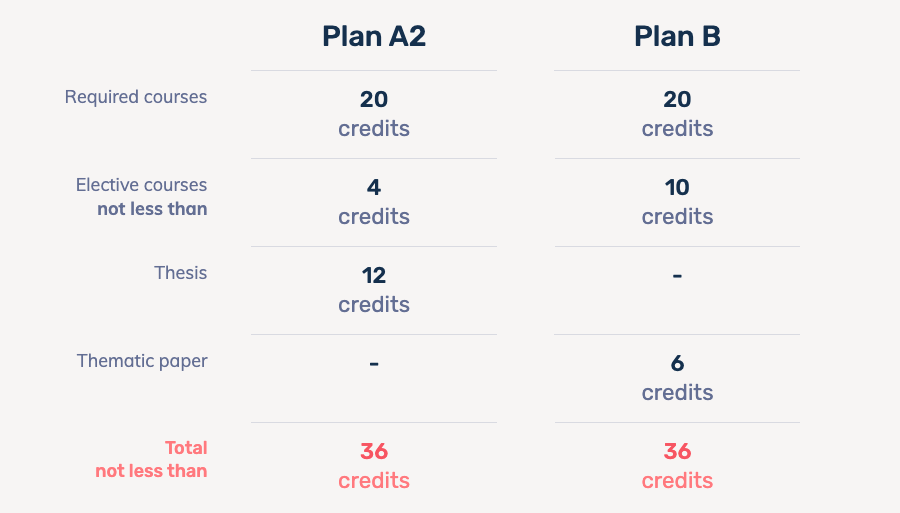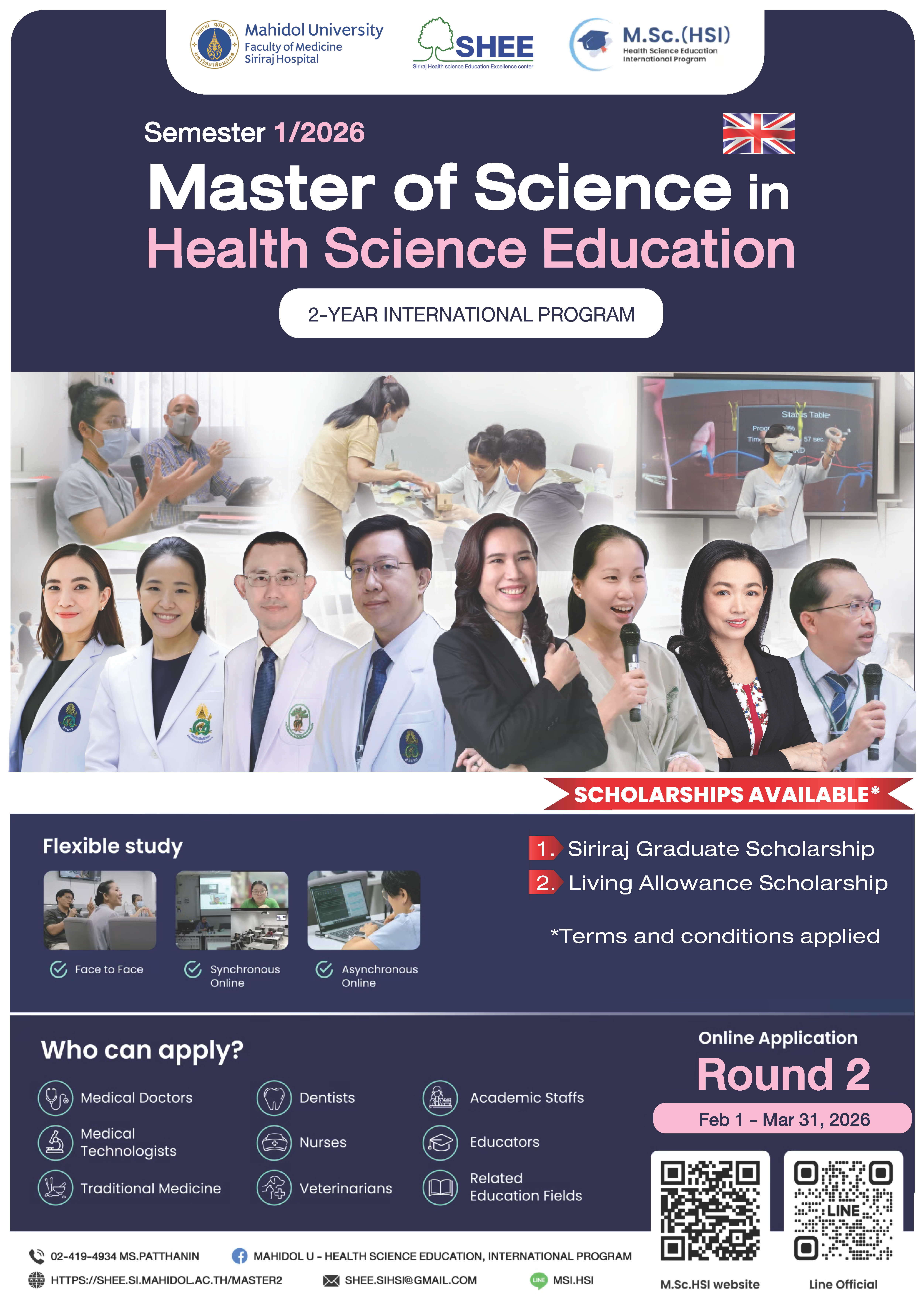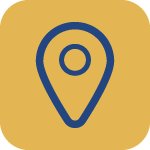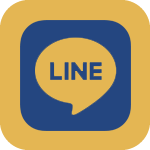- Home
-
About
- About the program
- Learning outcomes
- Administration
- Facts
- Academic staffs
- List of publications
- Program specification
- News & Announcement
- Courses
- Admission
- Student Life
Full Course
Number of credits (not less than)36
Credits
Curriculum StructureThe curriculum structure is set in compliance with the announcement of the Ministry of Education on the subject of Criteria and Standards of Graduate Studies B.E. 2558, Master Degree, Plan A and Plan B as below:
Course descriptions
please click / to expand or collapse the detail of courses.
Required Courses
Credits
-
SIHS 501 Principles of Educational Research2 (2-0-4)
Philosophical foundations of research; basic principles of educational research; defining research problems, research questions; research hypotheses; ethical issues in research; literature review; population and samples; research instrumentation; validity, reliability; writing research proposals; searching and evaluating research articles and presenting health science education research -
SIHS 502 Psychology of Learning in Health Science Education2 (2-0-4)
Principles of learning and cognition; behaviorism; cognitive information processing; memory; intelligence; meaningful learning; situated cognition; social learning, experiential learning; ethical conduct of teaching with patients; applying learning theories in the health science education; searching and evaluating research in learning psychology and presenting learning psychology research -
SIHS 503 Assessment and Evaluation of Learning in Health Science Programs2 (2-0-4)
Basic principles of assessment in health science programs; the quality criteria for the good assessment, formative and summative assessment; validity, reliability; learning outcomes in health science programs; assessment levels in health science programs; assessment methods commonly used in health science programs to assess outcomes at various levels; written examination and item analysis; ethical issues in the assessment; searching and evaluating of literature in the assessment; research in the assessment; standard setting -
SIHS 504 Curriculum Development in Health Science Education2 (2-0-4)
Basic Principles and concepts of curriculum planning and development; approaches to identify curriculum needs; deciding the educational strategy; trends in curriculum design; outcome-based education; competency-based education, entrustable professional activities; educational objectives; learning environment; searching and evaluating research articles about the curriculum development -
SIHS 505 Educational Research Techniques2 (2-0-4)
Philosophical foundations of qualitative and quantitative research methods; quantitative research methodologies; experimental research, correlational research, causal-comparative research, survey research; descriptive and inferential statistics; qualitative research methodologies, ethnographic research, historical research, action research, grounded theories; qualitative research techniques, interviews, focus groups, field observations, content analysis; ethics in the analysis of educational data -
SIHS 506 Learning Theories in Health Science Education2 (2-0-4)
Biological basis of learning and cognition; motivation and self-efficacy; Gagne’s Theory of Instruction; deliberate practice, constructivism; cognitive bias and decision making, multiple intelligences theory, emotional intelligence; moral development and how to teach morality; basic principles of learning media in health science programs; applications of learning theories in teaching health science programs; searching and evaluating literature in the science of learning, presentations of research in learning -
SIHS 507 Assessment and Evaluation of Complex Learning in Health Science Programs2 (2-0-4)
Principles and processes of advanced assessment, systematic assessment, the development of rubrics for assessment; objective structured clinical examination, portfolio, the efficiency performance assessment, the workplace-based assessment, the assessment of non-technical skills, adaptive tests, grading in the health science program, research in assessment -
SIHS 508 Curriculum Evaluation of Health Science Education2 (2-0-4)
Principles and concepts of curriculum evaluation; Tyler’s model, Stake’s model, CIPP model, Kirkpatrick’s model; the curriculum development process; medical education accreditation standards; searching and evaluating research articles in the curriculum evaluation -
SIHS 509 Faculty Development and Leadership in Health Science Education2 (2-0-4)
Basic principles of the faculty development and leadership; professionalism and ethics; approaches in developing academic staffs for health science programs; self-assessment and strength finding; the roles of leaders and the change management; negotiations; evaluating of the effectiveness of the faculty development program in health science schools; the organizational structure to support the faculty development in health science schools; academic promotion in health science schools -
SIHS 510 Seminars in Health Science Education2 (2-0-4)
Literature search in health science education; an analysis and critical appraisal of health science educational research articles; an evaluation of health science educational research, strengths and limitations of the applications of the research findings; presentations of health science educational research; ethical standards in presenting and publishing research
Elective Courses
Credits
-
SIHS 511 Test Development and Administration in Health Science Programs2 (2-0-4)
Principles for the effective test development, the standards for educational and psychological testing; validity, reliability, content definition, test specification and blueprinting, item development, test assembly, test production, test administration, computerized testing, scoring, passing standards; reporting examination results, item banking, test technical report, ethical issues in the test administration -
SIHS 512 Fundamentals of Simulation Based Medical Education1 (0-3-1)
Principles of simulation based medical education; designing the effective simulation scenario; the simulation in technical skills, the simulation in teamwork management; simulated and standardized patients; debriefing in simulation based medical education; the assessment in the simulation based medical education -
SIHS 513 Qualitative Research in Health Science Education2 (2-0-4)
Philosophical foundations of the qualitative research; the nature of the qualitative research; types of qualitative research; qualitative research designs; individual interviews, group interviews, field observations; document analysis; the data management and analysis in the qualitative research; reporting findings from the qualitative research -
SIHS 514 Innovations in Health Science Education2 (2-0-4)
Meaning and significance of innovation in health science education; disruptive education; information technology in health science education; modeling in health science education; simulations in health science education; augmented reality in health science education; virtual reality in health science education; digital games in health science education; research of innovation in health science education -
SIHS 515 Quantitative Analysis of Educational Data2 (2-0-4)
Basic concepts of educational measurement, descriptive statistics and inferential statistics commonly used in analysis of educational data; statistical power and sample size; statistical hypotheses; t-test; analysis of variance; correlation; simple regression; multiple regression; logistic regression; reliability of test scores; non-parametric tests; the application of statistics in analysis of educational research data and test scores; ethical standards in educational test score analysis -
SIHS 516 Digital Education2 (1-2-3)
Principles of digital education; the instructional design and media in digital education; online education formats; technology-assisted learning; using application softwares for teaching and research -
SIHS 517 Basic Communication Skills for Educators2 (1-2-3)
Principles, theories, processes, related to communication; communication ethics; verbal and non-verbal communication; the interpersonal communication, the organizational communication; the development of self-awareness and empathy; active listening; public presentation; collaboration; conflict resolution; facilitation; assertiveness; the applications of communication skills in the administration, teaching, and assessment in health science programs -
SIHS 518 Applied Psychology in Health Science Education1 (1-0-2)
Behavior change, anxiety, stress; the detection of cheating on tests; psychological measurement; the measurement and data analysis from personality and attitude tests; rater errors; the detection and the reduction of rater errors; social psychology and healthcare -
SIHS 519 Teaching Methods in Health Science Education1 (0-3-1)
Principles and concepts of active learning; lecture; small group teaching; teaching in the laboratory; team-based learning; flipped classrooms; teaching and learning in clinical setting; Self-directed learning; teaching non-technical skills; stimulation-based teaching; technology-enhanced learning -
SIHS 520 Transformative Learning in Health Science Education1 (1-0-2)
Definitions of transformative learning; related learning theories to transformative learning; steps of transformative learning experiences; learning tools in the transformative learning; transformative learning in the science education context; an introduction to classroom action research -
SIHS 521 Teacher Spirituality1 (1-0-2)
An inspiration for professional teachers; stepping over the safe zone; teachers’ spiritual cultivation; law practice guidelines and ethics for professional teachers; professional learning community; learning from the good role model teachers; reflection through observation -
SIHS 522 Independent Study1 (0-2-1)
Identifying topics of interest in health science education; studying topics with directed readings, carrying out independent research projects
Thesis
Credits
-
SIHS 698 Thesis12 (0-36-0)
Identifying research projects in health science education; conducting research with research ethics; data collection, data analysis, interpreting results and reporting the results in the form of thesis; presenting and publishing research in standard journals or a conference’s proceedings; ethics in writing reports and presenting research findings
Thematic paper
Credits
-
SIHS 697 Thematic Paper 6 (0-18-0)
Identifying project proposals in health science education; conducting a research projects with ethics; writing and presenting research project reports with research ethics
Admission Schedule Faculty of Medicine Siriraj Hospital, Mahidol University welcomes applicants for the Master’s Degree in Health Science Education (International Program), who want to develop the health science education professionally.
1st Semester 2025 Process Period Round 1 Online Application Feb 1 - Mar 31, 2025 Announcement of the list of eligible candidates Apr 11, 2025 Written examination day Apr 17, 2025 Interview day Apr 21, 2025 Announcement of application result May 9, 2025 New student Registration May 9 - May 22, 2025 New student fee payment Within May 22, 2025 Course registration July 7 - July 18, 2025 Tuition fee payment Within Aug 8, 2025 Semester starts Aug 11 - Dec 5, 2025
Round 2 Online Application Apr 1 - May 31, 2025 Announcement of the list of eligible candidates Jun 12, 2025 Written examination day Jun 16, 2025 Interview day Jun 20, 2025 Announcement of application result July 3, 2025 New student registration Jul 3 - Jul 16, 2025 New student fee payment Within July 16, 2025 Course registration July 7 - July 18, 2025 Tuition fee payment Within Aug 8, 2025 Semester starts Aug 11 - Dec 5, 2025 2nd Semester 2025 Process Period Round 3 Online Application Jul 1 - Sep 30, 2025 Announcement of the list of eligible candidates Oct 15, 2025 Written examination day Oct 20, 2025 Interview day Oct 28, 2025 Announcement of application result Nov 14, 2025 New student registration Nov 14 - Nov 27, 2025 New student fee payment Within Nov 14 - Nov 27, 2025 Course registration Dec 1 - Dec 12, 2025 Tuition fee payment Within Jan 2, 2026 Semester starts Jan 5 - May 1, 2026
*It is subject to change according to the Announcement of the Faculty of Graduate Studies, Mahidol University

Download files
Estimated Tuition Fee for Graduate Students
Letter of Invitation
HSI Student Manual 2022
Contact us
-
 Siriraj Health Science Education Excellence Center
Siriraj Health Science Education Excellence Center
Faculty of Medicine Siriraj Hospital, Mahidol University, Srisavarindira Bld. 3rd Floor, Room No. 309, 2 Wanglang Road Bangkoknoi, Bangkok 10700, Thailand -
 +66 2419 4934
+66 2419 4934
-
 shee_sihsi@mahidol.ac.th
shee_sihsi@mahidol.ac.th
-
 MSI.HSI
MSI.HSI
-
 Mahidol U - Health Science Education, International Program
Mahidol U - Health Science Education, International Program
-
 Open hours
Open hours
Mon-Fri : 08.00 - 16.00 hrs (GMT+7)
Facebook page


